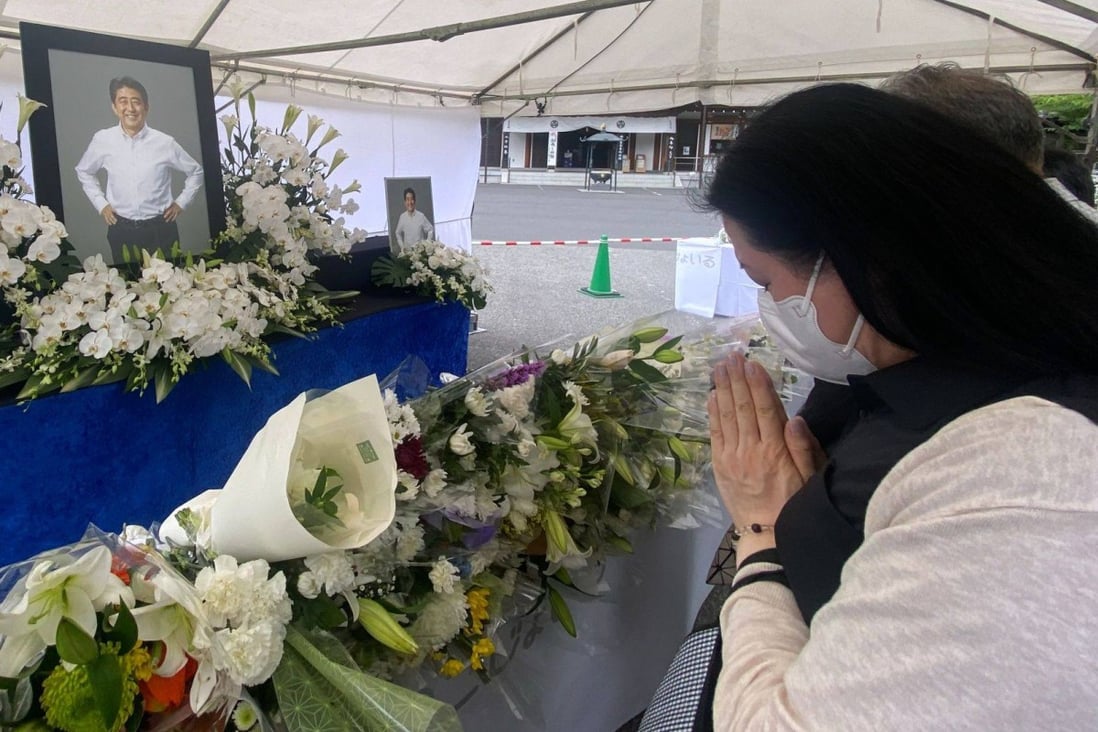How Shinzo Abe’s push for reform at home and abroad made Japan stronger and safer
- Abe
stood out on several fronts, becoming Japan’s longest-serving prime
minister and breaking with his predecessors to lead from the front
- His domestic reform efforts were complemented with a push to build international alliances and bolster Japan’s global standing
Former Japanese prime minister Shinzo Abe was shot dead last week at an election rally. Despite his sudden and shocking death, Abe leaves a legacy for Japan and the world at large. He was Japan’s longest-serving leader in the post-war era – as prime minister from 2006-2007 and 2012-2020 – and was also president of the ruling Liberal Democratic Party.
Abe was exceptional among Japanese politicians. He was committed to national policy reforms, particularly regarding the Japanese budget. Abe appointed the tax policy expert Koji Omi, who led delicate budget-balancing acts through spending cuts, as his first finance minister.
Born after World War II, Abe was the country’s youngest post-war prime minister. He regularly took stances that were on a different side of history, including denying the Japanese government’s responsibility for women and girls’ coercion into sexual slavery during World War II and supporting revisions to Japanese history textbooks that reflected a more positive view of the country’s modern history.





No comments:
Post a Comment
Note: Only a member of this blog may post a comment.